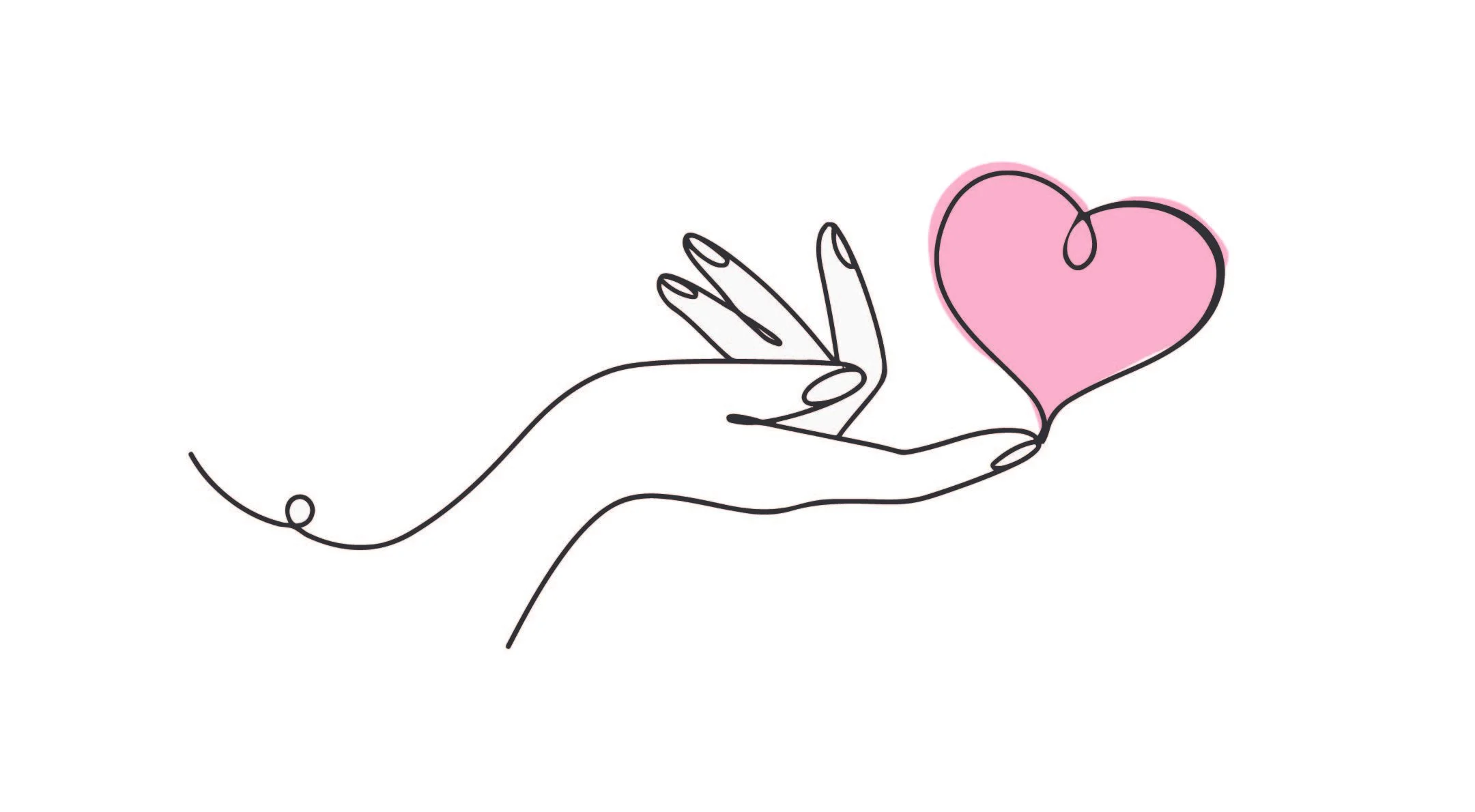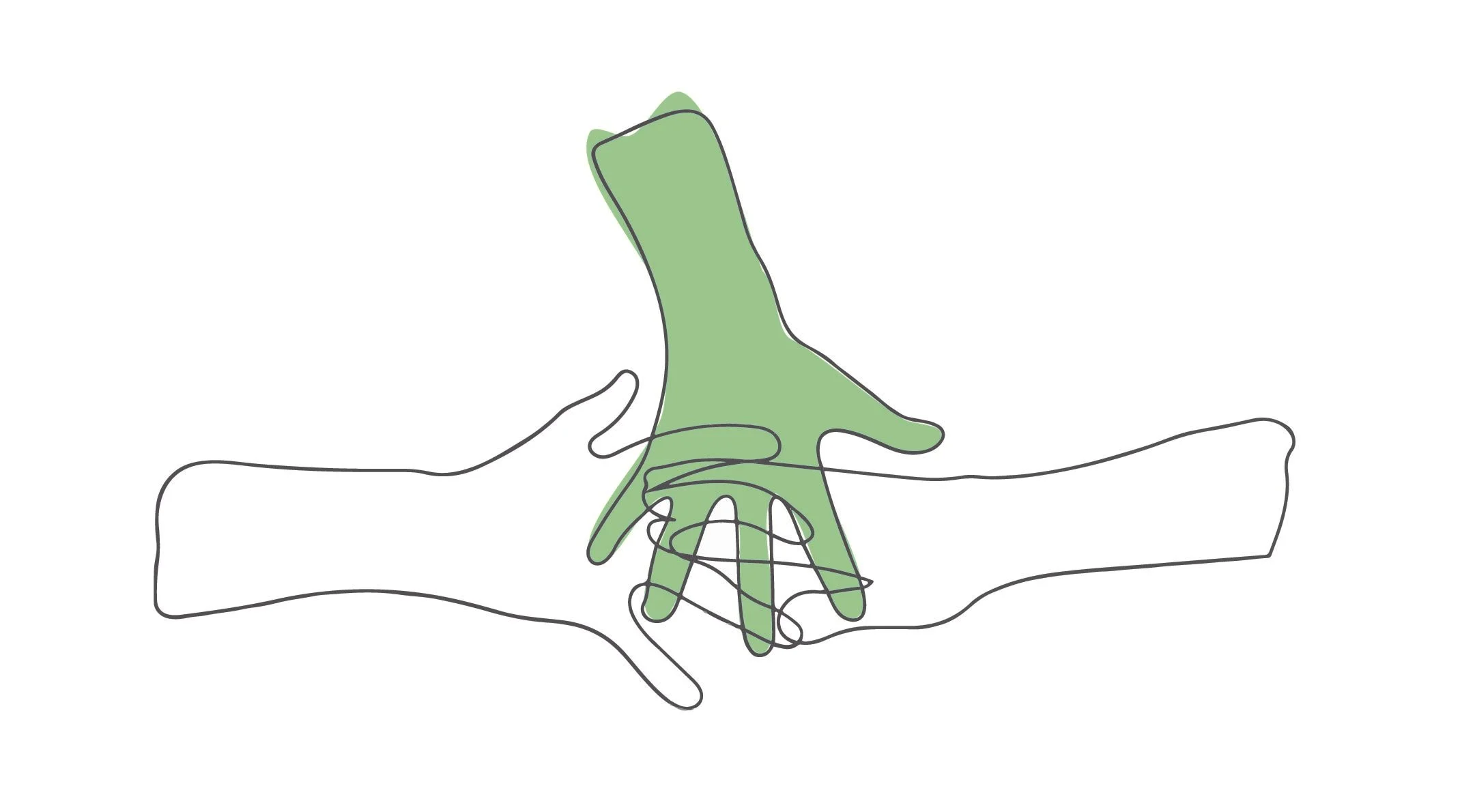Tapestry counselors help foster greater personal integrity and healing while deepening intimacy within marriages, families, churches, and the community.
Marriage &
Relationship Therapy
Do you sometimes feel like…
It will never be enough for her?
She can’t accept you for who you are?
He doesn’t love or value you as much as you do Him?
His golf or his job are more important to him than you?
It all started when…
Paul writes,
“Love does not delight in evil but rejoices
with the truth. It always protects, always trusts, always hopes, always perseveres”
(1 Cor. 13:6-7)
That, of course, is easier said than done. In marriage, people come together with love and hope; however, we often find ourselves within a marriage struggling to hope and trust and persevere. It can be imperceptible and occur over many years. In fact, the average couple will endure five years of marital distress before they seek help. Often, that help is when the couple or an individual is already at the end of their rope and is done trying. As a therapist, the worst sessions are the ones where a spouse is hearing “I want a divorce”
for the very first time. It’s a gut-wrenching experience. It’s also preventable.
“You don’t need to wait until
someone throws out the “D” word!!!”
3 Types of Conflict in Marriage
Sit and Listen
What are the signs or symptoms that you and your spouse
might need a relational tune-up?
Common symptoms include what John Gottman calls the Four Horsemen of the Apocalypse:
Contempt, Criticism, Defensiveness and Stonewalling.
Gottman uses such a cataclysmic name because these four symptoms left to run amok in a marriage are a death knell for any relationship.
Another symptom of a downward relational spiral is normal and we have all experienced it:
Busyness.
We get out of the rhythms connecting with our spouse, focusing rather on other areas of life such as work, childcare, chauffeuring kids around, chores, hobbies, interests and the like. Marriage is work, and that work can look like prioritizing time for one another.
Let’s not forget the most difficult life transition a couple will ever go through impacting the health of a marriage:
the Birth of the first child.
Within the first week with our first, my wife and I both had emotional breakdowns. Thankfully they were not at the same time. Mine involved throwing myself onto the bed sobbing into the pillows because my son hadn’t stopped crying in several hours. The first child is a gut punch to the senses affecting every aspect of your life both personally and relationally. Taking care of each other can be a struggle during this season.
Now, this last symptom of a marriage in need of some maintenance is counter-intuitive:
No conflict at all.
For most of us, that sounds like the dream, but it could be a symptom of a lack of intimacy. Couples who internalize their feelings and numb or avoid their feelings through habitual distractions are disconnected from one another.
“When is a good time to start going to marriage therapy?”
According to the Gottman institute, preventative marriage therapy is 3 times more effective than intervention.
We recommend going to marriage therapy before problems creep in and start pushing you away from your spouse. Therapy is one way to safeguard against destructive relational patterns that can develop over time.
What you can do right now to get ahead of things….
Consider Counseling. Therapy is one way to safeguard against destructive relational patterns that can develop over time. We take care of and give attention to the things that we value—our homes, our finances, our health, our friendships, but it’s not uncommon to put ourselves and our marriages toward the bottom of the list. Why is that? Sometimes, we take one another for granted and assume our spouse is doing ok with less time and attention. Marital drift can happen, and it’s not uncommon for spouses to find themselves at odds or just not connecting with one another.
Be Curious and Listen.
There are other ways to support the growth of your marriage beyond therapy. We like to encourage couples to be a student of their spouse through curiosity and listening. When one asks their spouse a question about their thoughts, feelings, or opinions and listens without criticism, the other spouse often feels seen and heard. This process of listening to understand builds connection, safety, and trust which leads to deeper intimacy.
Spend time together.
Another marriage builder is spending time together. This time is just for the husband and wife. We like to encourage the couple to find times during the week. It could look like a 15 minute walk around the block to talk and listen to one another. This time spent together will look different for each couple, depending on their season of life. It’s about the quality of time not the quantity. This time together facilitates support, friendship, and connection.
Affirm your spouse.
Giving positive feedback to your spouse produces an environment of love, respect and appreciation. Proverbs says, "Kind words are like honey, sweet to the soul and healthy for the body (Prov. 16:24).” It’s easy to criticize and find fault with others and especially our spouse which tears down the marital relationship. Choosing to find the good in our spouse edifies the relationship. We all feel closer to our spouse when they build us up with kind words of affirmation.
Ask for help.
There are many ways to invest in your marriage, and asking for help from a trusted professional is a brave and courageous step toward preventing or resolving marital conflict.
In addition to these ideas there are also
several books that can be helpful.
Eight Dates by Dr. and Dr. Gottman
Seven Principles for Making Marriage Work by Joh Gottman
How We Love by Kay and Milan Yerkovich
The New Rules of Marriage by Terrance Real
Hold Me Tight by Dr. Susan Johnson
Meet the Therapists
Joanna Burnett
MA, APC
Joanna received her master’s degree in Clinical Mental Health Counseling with a certificate in Marriage and Family Therapy from Richmont Graduate University. She works with couples, adults, and adolescents. She is passionate about listening to other people’s stories and helping them as they learn more about themselves. She helps clients in all stages of life as they navigate issues around self-worth, anxiety, depression, marriage, parenting, and grief. Joanna enjoys spending time talking with friends and family over a cup of dark coffee, being out in nature, and watching a good movie.
Daniel Peeks
MA, LMFT
Daniel received his Master’s degree in Marriage and Family Therapy from Richmont Graduate University in 2014. Daniel has worked in a private practice setting since graduation working with couples struggling with challenges related to communication, affairs, addiction and intimacy. He also has a passion for working with individuals struggling with addiction. Daniel’s goal as a therapist is to help clients become more emotionally self-aware, for with that awareness comes greater relational intimacy.
Black and White images at top by Freepik









